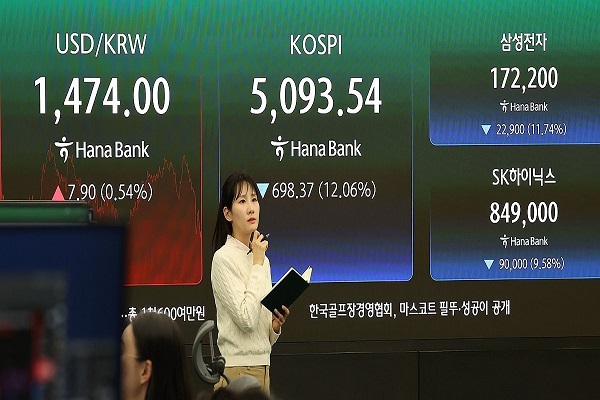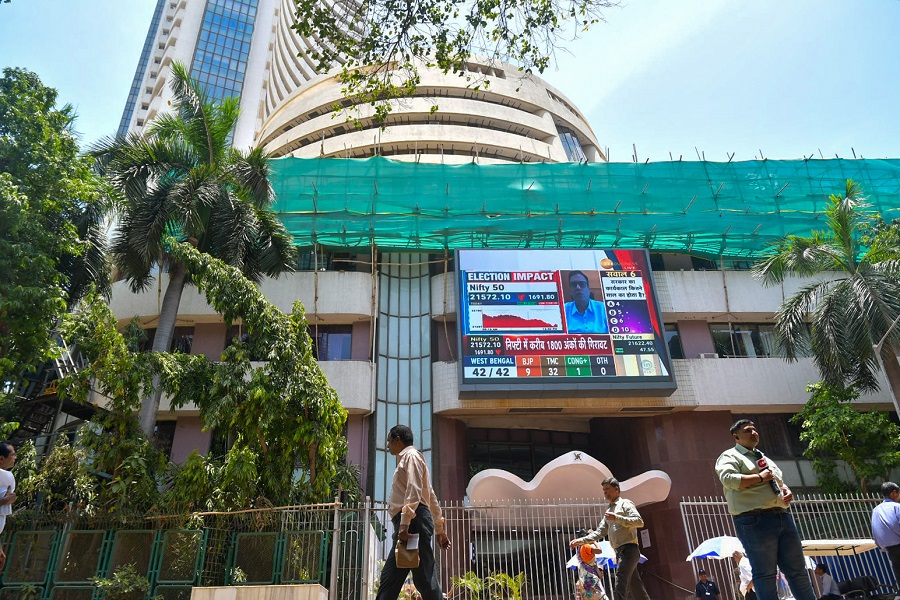Healthcare Sector Update : US pharma tariff: Impact and opportunities By JM Financial Services Ltd

US President Donald Trump’s announcement of a 100% tariff on imports of branded and patented pharmaceuticals, effective 1 st Oct’25, introduces significant implications for global pharma players. While the exemption for companies actively establishing US manufacturing facilities provides a pathway for compliance, the policy creates headwinds for firms like Sun Pharma, whose specialty-branded exports could face the full tariff due to the absence of ongoing US manufacturing programmes. For Indian pharma exporters, the exclusion of generics offers some buffer, though regulatory uncertainties persist. Conversely, CRDMO players with existing US manufacturing footprints, such as Piramal, are well positioned to capitalise on the shift, benefitting from the attractiveness of onshore outsourcing for branded innovators seeking to mitigate tariff exposure. Overall, the policy is likely to reshape the competitive dynamics, highlighting both risk and opportunity across different segments of the pharmaceutical industry.
* Tariff announcement: US President Donald Trump has announced that, effective 1 st Oct’25, the United States will implement a 100% tariff on imports of branded and patented pharmaceutical products. A key exemption applies to companies that are actively establishing domestic manufacturing facilities, defined as projects where “breaking ground” or construction is already underway. The stated objective is to encourage greater US-based production, although the legal framework and practical aspects of implementation remain uncertain
* Implications for Sun Pharma: The policy change presents potential headwinds for Sun Pharma, given that more than half of its US revenue is generated from its specialty and branded portfolio. Based on our understanding, the company does not have an ongoing programme to establish manufacturing capacity in the US, suggesting it would be unlikely to qualify for the exemption. As a result, its branded exports could be subject to the full 100% tariff, which may pressure margins, weaken competitiveness in specialty markets, and add uncertainty to its US growth outlook.
* Uncertainty overhang on generics: While the current measure is focused on branded and patented drugs, exempting generics from such punitive measures, the policy introduces a degree of regulatory and investment uncertainty. Over time, there may be risks of expansion to generics, or of stricter interpretations regarding what qualifies as “actively building” exempt manufacturing capacity. Such ambiguity could weigh on sector valuations, raising risk premia for generic Indian pharma players with significant US exposure.
* Implications for Indian pharma exporters: The exclusion of generics from the tariff provides a key mitigating factor for most Indian pharmaceutical exporters, as the bulk of their US sales remain concentrated in the unbranded generics segment. However, the imposition of such a large tariff heightens policy risk and could shift the economics of supplying complex generics or specialty products to the US market. Companies with diversified portfolios, stronger domestic or emerging market exposure, and lower dependence on US branded revenues may be better positioned to withstand near-term volatility.
* Opportunities for CRDMO players: CRDMO players with an existing US manufacturing footprint are well positioned to benefit from the policy shift. Piramal Pharma, for instance, already operates formulation and API manufacturing facilities in the US, including its Lexington site for sterile injectables and fill–finish operations, and its Riverview API site. These established capabilities position Piramal Pharma as a natural onshore manufacturing partner for branded innovators seeking to mitigate tariff exposure. More broadly, as cost efficiency, quality, and regulatory certainty become increasingly critical, outsourcing to capable US-based CDMOs is likely to gain greater appeal.
Please refer disclaimer at https://www.jmfl.com/disclaimer
SEBI Registration Number is INM000010361










Tag News

Capital Goods Sector Update : Assessing Middle East risk exposure in light of US-Iran war b...



More News

NBFC Sector Update: Powered and well controlled for the long haul By Emkay Securities Ltd









